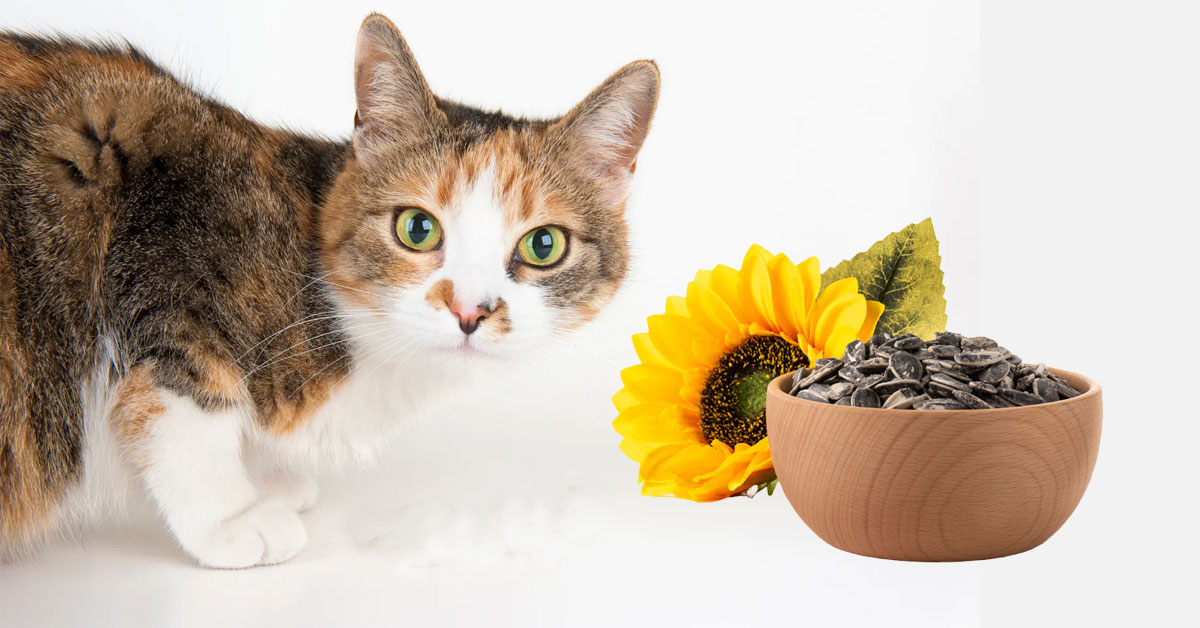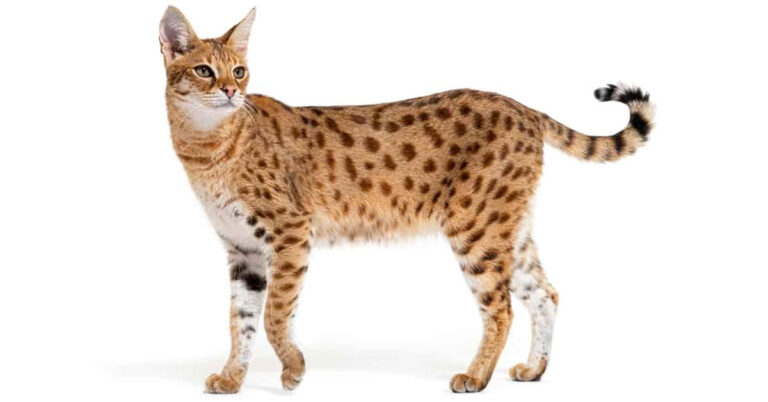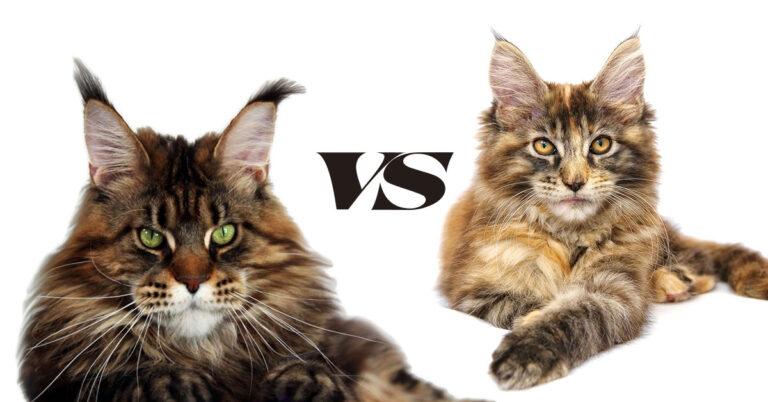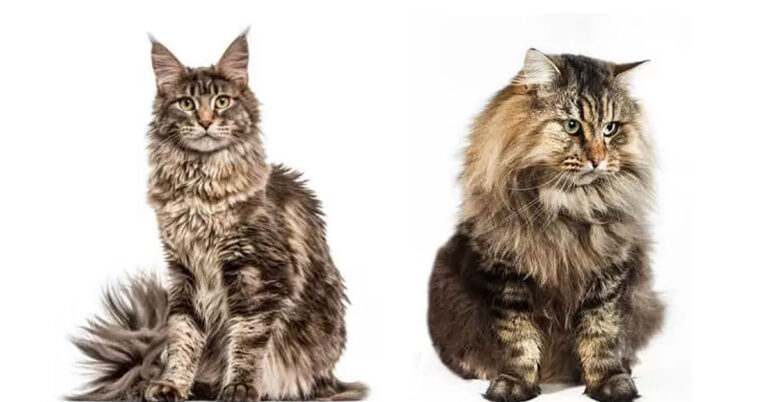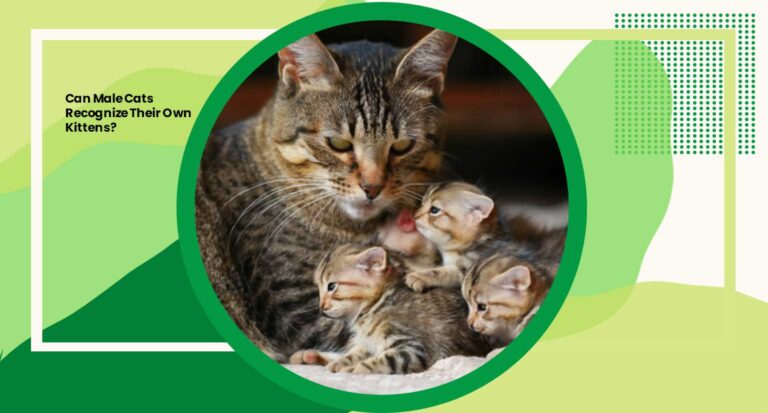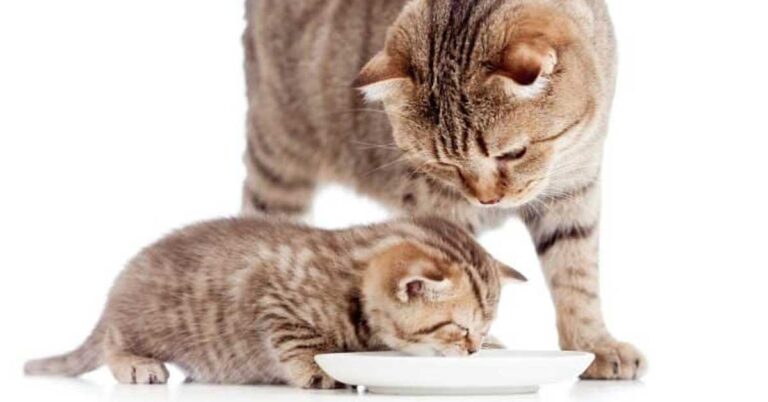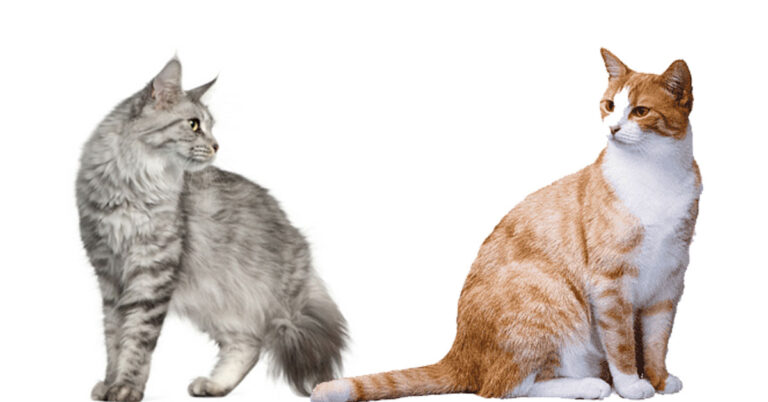Can Cats Eat SunFlower Seeds
When it comes to feline diets, many cat owners often wonder what treats outside of traditional cat food can be safely given to their pets.
One question that frequently arises is, “Can cats eat sunflower seeds?” This article aims to delve into this query, providing detailed insights about the implications of feeding cats with sunflower seeds and offering guidance for cat owners.
Sunflower seeds are a tasty snack for humans, but before you reach for the sunflower seed bag to offer your cat, consider that these small seeds can pose certain health risks.
Sunflower seeds contain high levels of fat and if cats consume them in excess, they may suffer from digestive upset, vomiting or even pancreatitis. Also, due to the hard shells
What are Sunflower Seeds?
Sunflower seeds are the fruits of the sunflower plant, scientifically known as Helianthus annuus.
They are found inside the hard, tear-drop shaped shells, often referred to as husks. These seeds are renowned for their high nutritional value, packed with essential vitamins, minerals, and healthy fats.
They are typically eaten as a snack, added to salads, or used in baking and cooking. Despite their small size, sunflower seeds provide a powerful nutritive punch, with substantial amounts of Vitamin E, selenium, and dietary fiber.
However, as inviting as these benefits might be, it’s crucial to remember that not all creatures metabolize food in the same way, and what is healthy for humans might not be the same for our feline companions.
Are They Safe for Cats to Eat
In moderation, sunflower seeds are not harmful to cats. However, their high-fat content can be problematic if consumed in large quantities.
Larger ingestion can lead to health issues such as obesity and pancreatitis, due to the high fat content.
Another potential hazard is the hard shell of the seeds, which can cause choking or internal blockages if not properly chewed.
Moreover, many store-bought sunflower seeds are covered in salt, which is harmful to cats in large amounts.
It is also essential to bear in mind that cats are obligate carnivores, which means their diet should consist mainly of meat.
While they might enjoy the occasional sunflower seed as a treat, it should not replace their primary food source.
In summary, while sunflower seeds are not toxic to cats, they should be given sparingly and never as a replacement for a balanced and nutritious feline diet.
How Do Sunflower Seeds Benefit Your Cat’s Health
Sunflower seeds might have some potential benefits for your cat’s health, although these should not be a primary reason to include them in your cat’s diet.
Firstly, sunflower seeds are rich in Vitamin E, a potent antioxidant that helps to maintain a healthy immune system and promotes good skin and coat health.
Secondly, the seeds contain a small amount of fiber, which can contribute to a healthy digestive system and aid in preventing constipation.
Lastly, the seeds are a source of healthy fats, which are essential for energy production and absorption of fat-soluble vitamins.
However, these benefits should be considered alongside the potential risks, and any inclusion of sunflower seeds in your cat’s diet should be minimal and infrequent.
Always consult with your vet before introducing any new foods into your cat’s diet.
What Types of Sunflower Seeds Are Good for Cats
When choosing sunflower seeds for your cat, it is crucial to opt for the unsalted and shelled variety.
As mentioned earlier, the hard shells of sunflower seeds can pose a choking hazard or create digestive blockages. Salt, on the other hand, can be harmful to cats when consumed in large amounts.
Therefore, the best option is to offer your cat plain, shelled sunflower seeds sparingly as an occasional treat. These can be found in most grocery or health food stores.
Always remember, any new food, including sunflower seeds, should be introduced gradually and under the supervision of a veterinarian to monitor for any adverse reactions.
And more importantly, sunflower seeds should never constitute a significant part of your cat’s diet, but rather a small supplement to their regular, balanced feline nutrition.
How Much Sunflower Seed Should You Feed Your Cat
When it comes to feeding sunflower seeds to your cat, moderation is key. The exact amount can vary depending on the size, age, and overall health of your cat.
As a general guideline, one or two shelled seeds per day should be more than enough for an adult cat.
Remember, these are treats and should not constitute more than 5-10% of your cat’s total daily caloric intake. Kittens and older cats should have even less.
If your cat has never had sunflower seeds before, start with a tiny amount to see how they react and monitor for any signs of digestive discomfort or allergic reactions.
Always consult with your veterinarian to get personalized advice for your feline friend. At the end of the day, remember that sunflower seeds are an occasional treat and not a meal replacement.
How to Introduce Sunflower Seeds Into Your Cat’s Diet
Introducing sunflower seeds into your cat’s diet should be done with caution and consideration.
Start by offering a single shelled, unsalted sunflower seed and observe your cat’s reaction. Some cats might be curious and willing to try the new, unusual treat, while others may simply ignore it.
If your cat shows interest and eats the seed, monitor them closely for any signs of discomfort or allergic reactions such as vomiting, diarrhea, or unusual behavior.
If there are no adverse reactions after 24 hours, it should be safe to offer another seed. Always remember that sunflower seeds should only be given as an occasional treat and not become a regular part of your cat’s diet.
To maintain your cat’s interest, try to vary the treats you offer and always ensure that the seeds are fresh.
When offering sunflower seeds, ensure they are visible to your cat. Due to their small size, they can easily be lost in your cat’s fur or bedding, which could lead to ingestion at a later time without your knowledge.
If at any point your cat shows signs of discomfort or a negative reaction, discontinue feeding the seeds immediately and consult with your vet.
Even if your cat enjoys the seeds and has no immediate adverse reactions, it is always a good idea to speak with your vet before making any significant changes to your cat’s diet.
Safety Tips When Feeding Sunflower Seeds to Cats
When offering sunflower seeds to your cats, there are several safety tips to keep in mind:
Always Choose Unsalted and Shelled Seeds
As already mentioned, salted seeds can be harmful to cats, and the shells pose a choking risk. Therefore, always opt for unsalted, shelled sunflower seeds.
Moderation is Key
Sunflower seeds should only be given sparingly, regardless of the potential health benefits. They should only make up a small percentage of your cat’s daily caloric intake.
Monitor Your Cat
Watch for any signs of discomfort or allergic reactions. If your cat shows any adverse symptoms after eating sunflower seeds, such as vomiting, diarrhea, or unusual behavior, discontinue feeding and consult your vet immediately.
Consult Your Vet
Always speak with your vet before adding sunflower seeds or any new food to your cat’s diet. Your vet can give you personalized advice regarding the amount and frequency of feeding based on your cat’s age, weight, and overall health.
Freshness Matters
Stale sunflower seeds can cause digestive issues. Ensure that the seeds you feed your cat are fresh and stored properly..
Conclusion
In conclusion, while sunflower seeds can provide some health benefits to your cat, they should only be given sparingly and with caution.
With their content of Vitamin E, fiber, and healthy fats, these seeds could potentially contribute positively to your cat’s health.
However, they also present risks if not prepared and served correctly. Always opt for unsalted, shelled sunflower seeds and introduce them gradually into your cat’s diet, while closely monitoring for any adverse reactions.
Remember, these are treats and not meal replacements. Consult with your veterinarian for personalized advice before introducing any new food into your cat’s diet.
Ultimately, a balanced diet designed for feline nutrition should always be the primary focus when it comes to feeding your cat.

